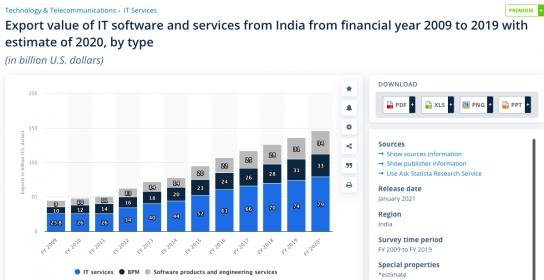FedEx names Raj Subramaniam as CEO, replacing founder Fred Smith
FedEx Corp. said Monday that Fred Smith will step down on June 1 as CEO of the package-delivery company that he founded and be succeeded by the company’s president and chief operating officer.
Raj Subramaniam will serve as both CEO and president and Smith will become executive chairman, the package-delivery company said.
Smith, 77, started FedEx in 1973, delivering small parcels and documents more quickly than the post office could. Over the next half-century, he oversaw the growth of a company that combined air and ground service and became something of an economic bellwether because of its service to other companies.
“FedEx has changed the world by connecting people and possibilities for the last 50 years,” Smith said in a statement that also praised Subramaniam’s ability to guide the company. Smith said he will focus on global issues including sustainability, innovation, and public policy.
Subramaniam, 56, joined the company in 1991 and served in several marketing and management jobs in Asia and the United States. He rose to become the chief marketing and communications officer, and also served as the top executive of FedEx Express. He became president and chief operating officer in 2019 and joined the FedEx board the following year. He will remain a director.
Smith said that for the past several years he had recommended to FedEx directors that if he died or became disabled they should name Subramaniam CEO and appoint an independent chairman. On Monday, the board appointed a current director, Brad Martin, as vice chairman and Smith’s designated successor as chairman.
Smith broke the news to FedEx employees in a memo that retraced some of the Memphis, Tennessee-based company’s history. FedEx started with 14 planes and 389 team members, who delivered 186 packages on the first day of operations.
“We were a small startup and had our share of skeptics,” Smith said. He boasted that the company went on to become a “global connector of people and possibilities that would change our world for the better.”
FedEx and rival United Parcel Service have benefitted in recent years from the boom in online shopping, which has meant more parcels for its drivers to deliver to customers’ doorsteps. In 2019, as Amazon.com built up its own delivery business, FedEx dropped a contract to provide express delivery for the retail giant, and stopped ground deliveries for Amazon soon afterward.
FedEx was hurt by the trade war with China, and Smith frequently used forums such as the quarterly earnings call to rail against tariffs, making him one of the few CEOs of a large U.S. corporation to challenge then-President Donald Trump’s trade policies.
The company earned $5.2 billion on revenue of $84 billion in its most recent full fiscal year, which ended last May 31.
Smith and a firm bearing his name own more than 19.2 million shares, according to FactSet. They are worth more than $4.4 billion at Monday’s closing price.
Shares of FedEx rose about 2% in after-hours trading.
https://www.cnbc.com/2022/03/28/fedex-names-raj-subramaniam-as-ceo-replacing-founder-frederick-smith.html






